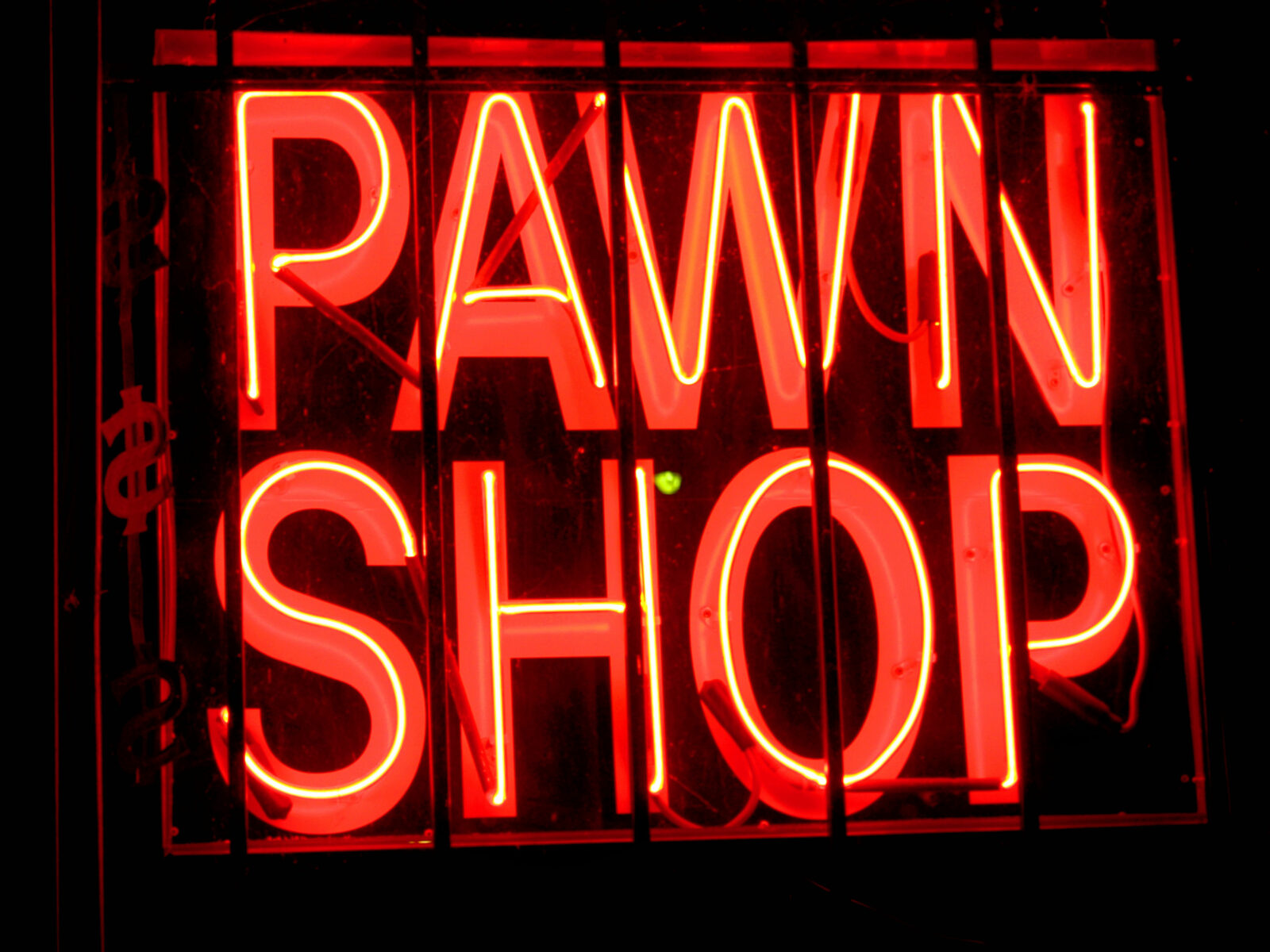In 1993 Native American writer Sherman Joseph Alexie Jr. published a short story collection titled The Lone Ranger and Tonto Fistfight in Heaven. In 2003 he publisherd in The New Yorker an Alexie short story, “What You Pawn I Will Redeem,” that was one of the top three stories of the year, according to the prestigious O.Henry Awards. It has been anthologized and assigned to thousands of high school students. Although all the action is within one small area of Seattle, it’s a culturally important meld of the Noble Savage and Happy Hobo traditions I wrote about last week.
The story begins, “One day you have a home and the next you don’t,” and then quickly identifies the narrator/hero as a middle-aged “Spokane Indian” who had multiple jobs, marriages, and children, “and then went crazy. Of course, crazy is not the official definition of my mental problem, but I don’t think asocial disorder fits it, either, because that makes me sound like I’m a serial killer or something. I’ve never hurt another human being, or, at least, not physically.”
Ironically, given Andrew Jackson’s reputation as the president who placed Cherokees on “the trail of tears” in the 1830s, the hero’s first and last names are Jackson Jackson. He’s “been homeless for six years…. Being homeless is probably the only thing I’ve ever been good at. I know where to get the best free food. I’ve made friends with restaurant and convenience-store managers who let me use their…employees’ bathrooms, the clean ones hidden behind the kitchen or the pantry or the cooler. I know it sounds strange to be proud of this, but it means a lot to me, being trustworthy.”
Noble savage Jackson is not lonely: “I wander the streets with a regular crew — my teammates, my defenders, my posse. It’s Rose of Sharon, Junior, and me. We matter to each other if we don’t matter to anybody else. Rose of Sharon is a big woman. [Junior is] good-looking, like he just stepped out of some ‘Don’t Litter the Earth’ public-service advertisement.”
The action begins with the trio panhandling and making “five dollars — good enough for a bottle of fortified courage from the most beautiful 7-Eleven in the world.” Jackson sees in a pawnshop the powwow regalia his grandmother made and asks the shop owner for it. The owner has just bought it for $1,000 and won’t give it away, but he gives $20 to Jackson and sends him on a 24-hour quest to turn that $20 into $1,000.
Jackson and his friends of course use the $20 at the 7-Eleven to buy “three bottles of imagination.” They quickly drink them down. Rose of Sharon runs off, Junior vomits, and Jackson tries to earn money by selling “Real Change” newspapers. The publisher gives him 50 free copies. Jackson sells five in an hour and throws 45 in a garbage can. He spends his earnings on four McDonald’s cheeseburgers and vomits them up: “I hated to lose my food so soon after eating it. As an alcoholic Indian with a busted stomach, I always hope I can keep enough food in me to stay alive.”
Jackson then buys two lottery tickets, wins $100, goes to a bar in which fifteen Native Americans sit, buys whiskey shots for everyone, and has sex with a fat woman. At 2 a.m. the bartender shouts “Closing time” at “the three or four Indians who were still drinking hard after a long, hard day of drinking. Indian alcoholics are either sprinters or marathoners.” Jackson gets into a fight, realizes his nose might be broken, and passes out on railroad tracks.
At 6 a.m. a friendly policeman wakes him and wants to take him to detox for 24 hours, but Jackson explains about the regalia and his attempt to get $1,000 for it. The police officer takes $30 from his own wallet and says, “I’m giving it to you because I believe in what you believe…. I hope you can turn thirty bucks into a thousand somehow.” Jackson says, “I believe in magic.” The policeman responds, “I believe you’ll take my money and get drunk on it” — but he hands it over anyway.
Jackson uses $25 of the money to buy breakfast for himself and three others. Then he goes to the pawnshop, having failed in his 24-hour quest. The owner says the price is still $1,000, and Jackson shows all he has left — a crumpled $5 bill — after getting and quickly spending $150 or so in various ways. The owner surprisingly gives him the $1,000 regalia, which Jackson puts on and walks outside: “The city stopped. They all watched me dance with my grandmother.”
Hurrah.

